MELT Workshop @ COLM 2025
Welcome to The 1st Workshop on Multilingual and Equitable Language Technologies (MELT) 👋
📢 Announcements
- (Oct 5, 2025) The workshop will be held in Rm 520D on Oct 10.
- (Aug 3, 2025) The notification of acceptance of workshop/conference track papers has been postponed to August 6 AoE. Apologies for the delay.
- (Jul 18, 2025) The submission deadline for workshop track has been extended to July 24 AoE.
- (Jun 23, 2025) The submission deadline for workshop track has been extended to June 30 AoE.
- (Jun 3, 2025) If you’re interested in nominating yourself as a potential reviewer for our workshop, please fill out this form
- (Jun 3, 2025) The submission portal is now open; Submit your paper here
- (Jun 2, 2025) Stay tuned on our workshop via X (formerly, Twitter)
@MeltWorkshopand BlueSky@meltworkshop.bsky.social - (May 23, 2025) Feel free to contact the organizers at:
melt-workshop@googlegroups.com
Recent advances in large language models (LLMs) have led to a paradigm shift in the economy, society, and daily life, demonstrating remarkable capabilities for complex tasks, such as reasoning and multimodality. However, these innovations remain largely centered around English and are unevenly distributed across languages, cultures, and values.
That is, linguistic and cultural inclusion is lacking in language models, mainly due to an imbalance of language sources used for training. While there are more than 7,000 languages in the world, most NLP research sheds light on a handful of high-resource languages (Blasi et al., 2022; Qin et al., 2024; Zhu et al., 2024). For instance, only 7% and 17% of non-English tokens are incorporated into the pre-training data of GPT-3 (Brown et al., 2020) and BLOOM (Scao et al., 2022), respectively. Further, as we often rely on translation from English-centric datasets (Jin et al., 2024) that predominantly reflect Western cultures (Ahuja et al., 2023) to build multilingual benchmarks, these models naturally uphold social values close to North American and European cultures and neglect a wide array of languages and cultures (Held et al., 2023; AlKhamissi et al., 2024; Tao et al., 2024; Xu et al., 2024; Masoud et al., 2025).
As LLMs are increasingly deployed in diverse, region- and culture-sensitive domains worldwide, the limitations of this linguistic and cultural imbalance become more pronounced, and their implications more consequential (Yang et al., 2025; Qadri et al., 2025a; Qadri et al., 2025b). These models often exhibit significant biases, reduced performance, and a lack of cultural sensitivity when applied to underrepresented languages and diverse sociocultural settings (Foroutan et al., 2023; Liu et al., 2024; Kwok et al., 2024; Romanou et al., 2025).
Addressing these limitations is essential to ensure that LLMs provide equal access to information, resources, and services to all populations equitably, regardless of language or cultural background. Our workshop aims to meet the ultimate demand to enhance diversity and inclusion in language models. We will disseminate the state-of-the-art research on building multilingual and multicultural LLMs, fostering international cross-disciplinary collaborations, and exploring the fundamental theoretical and methodological challenges in this field.
Venue
The MELT workshop will be co-located with COLM 2025, in Montreal, Canada. The exact room information will will be announced closer to the event date.
- When: October 10, 2025
- Where: Rm 520D, Palais des Congrès, Montreal, Canada
Important Dates
Please refer to our Call for Papers for more details on paper submissions. All deadlines are 11:59 PM Anywhere on Earth (AoE).
- Workshop Track Submission Deadline:
June 23, 2025June 30, 2025 - Conference Track Submission Deadline:
July 14, 2025July 24, 2025 - Notification of Acceptance:
July 21, 2025August 6, 2025 - Workshop Date: October 10, 2025
Keynotes
We will have 5 keynotes, 1 panel discussion, and a poster session. Click here for more details on keynotes!
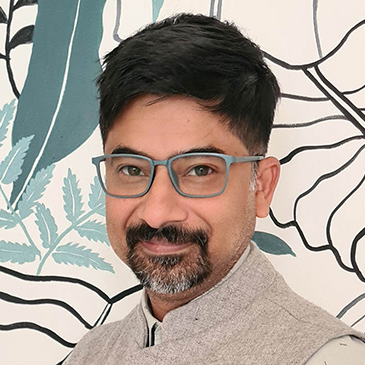
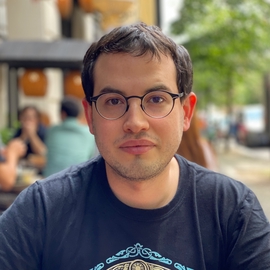
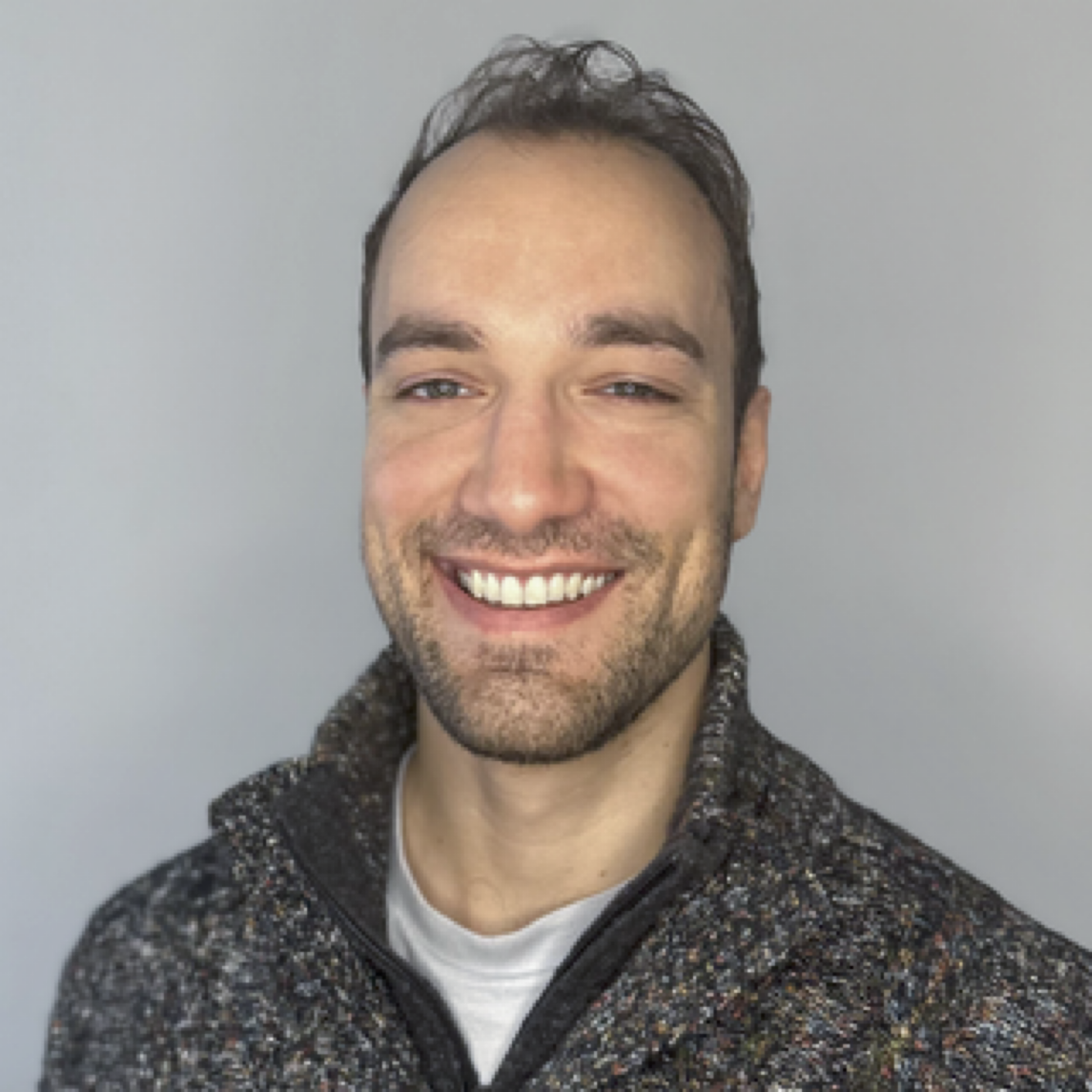
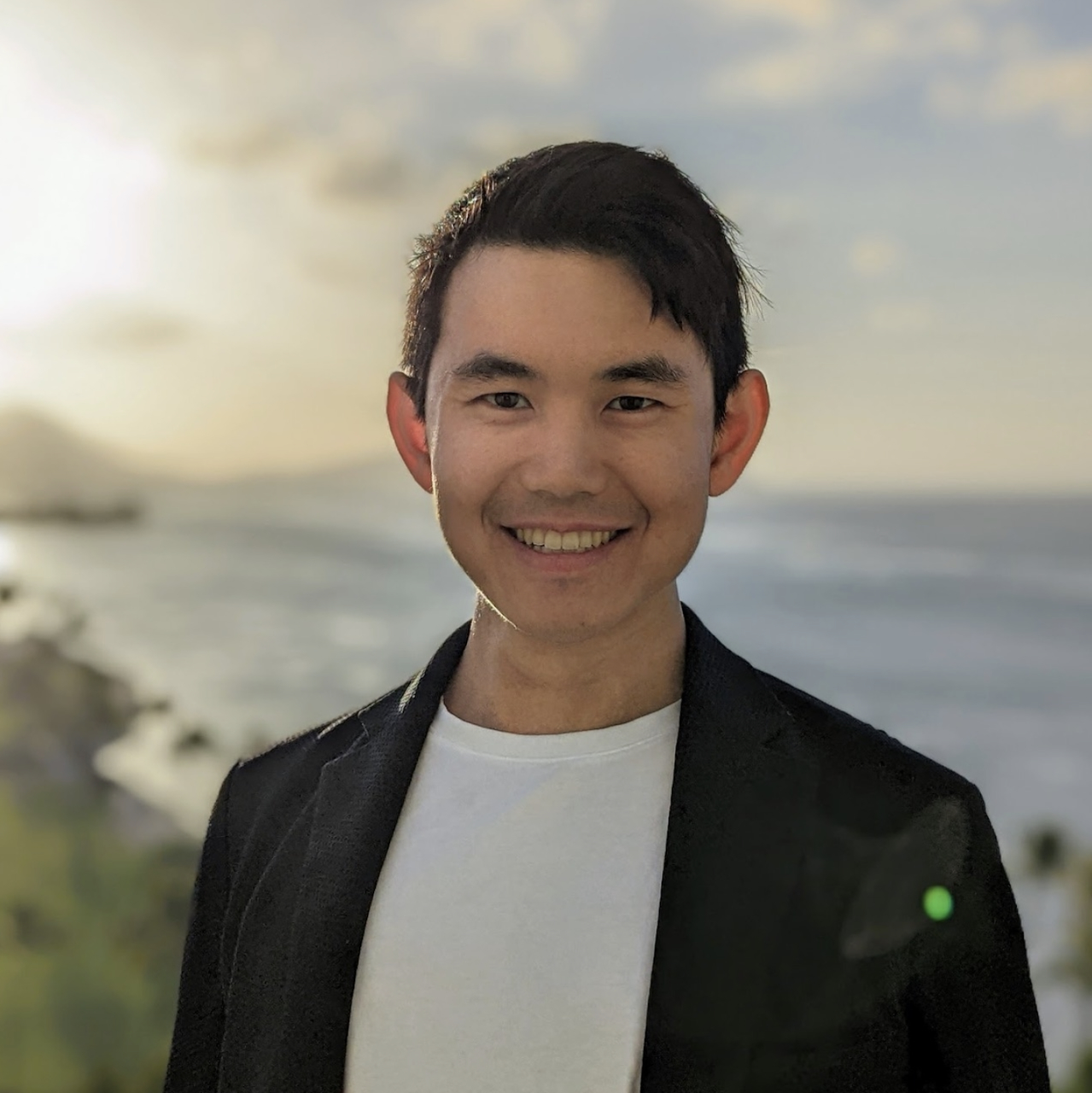
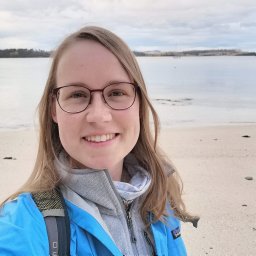
Organizers
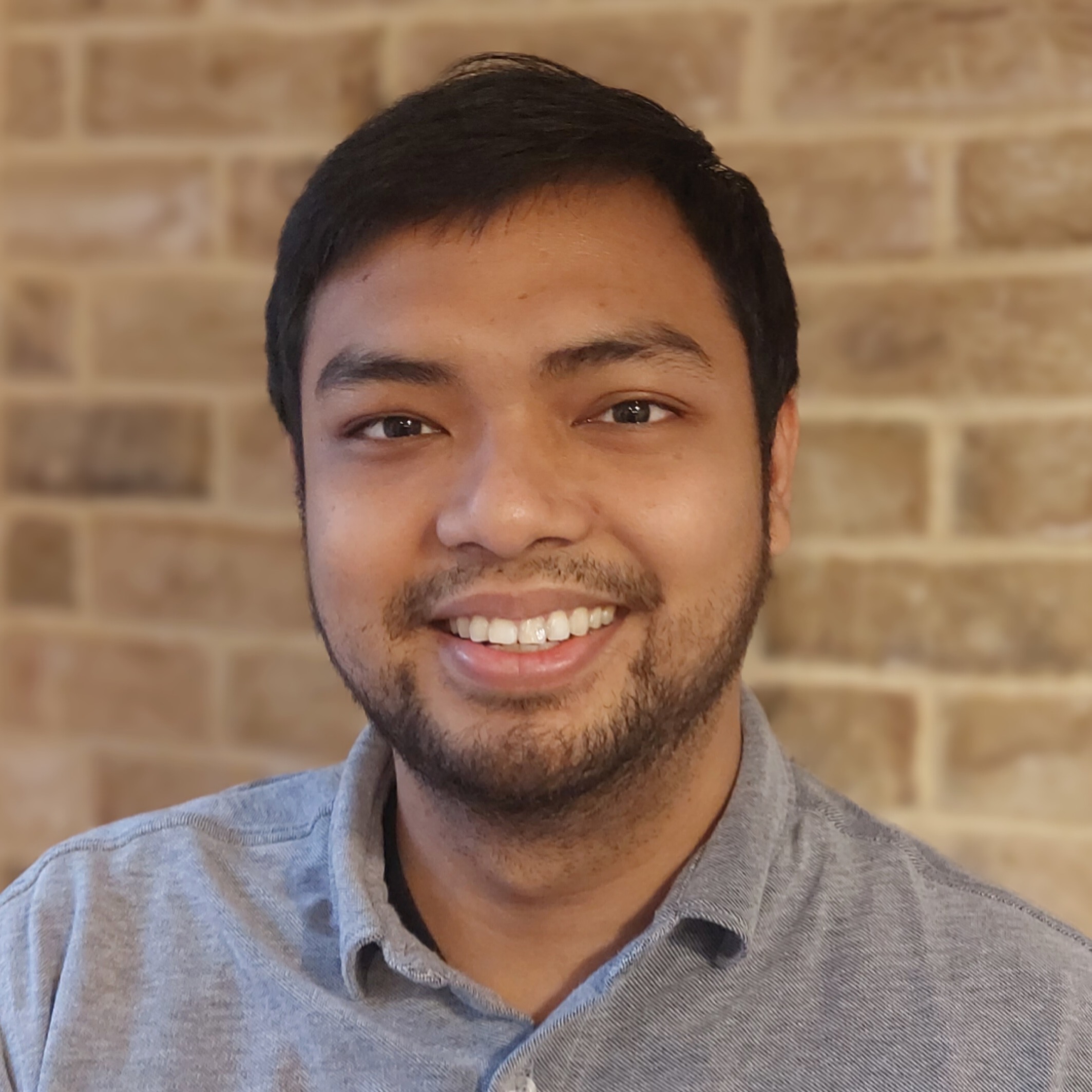
MBZUAI
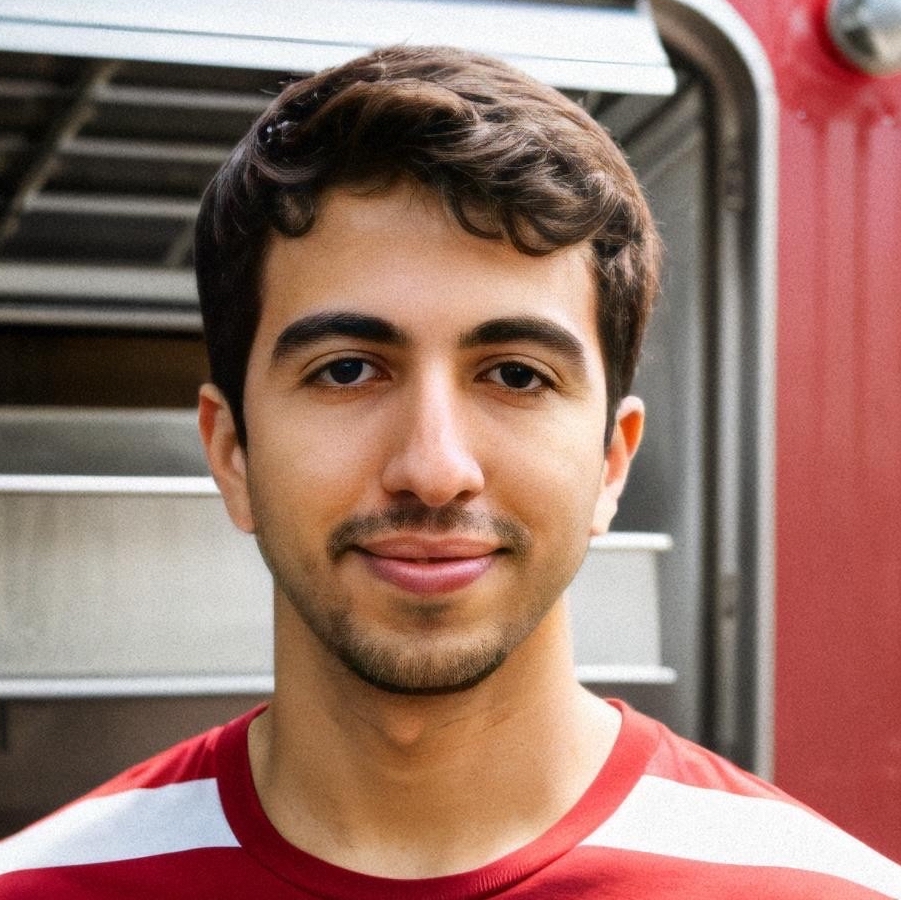
LMU Munich & MCML
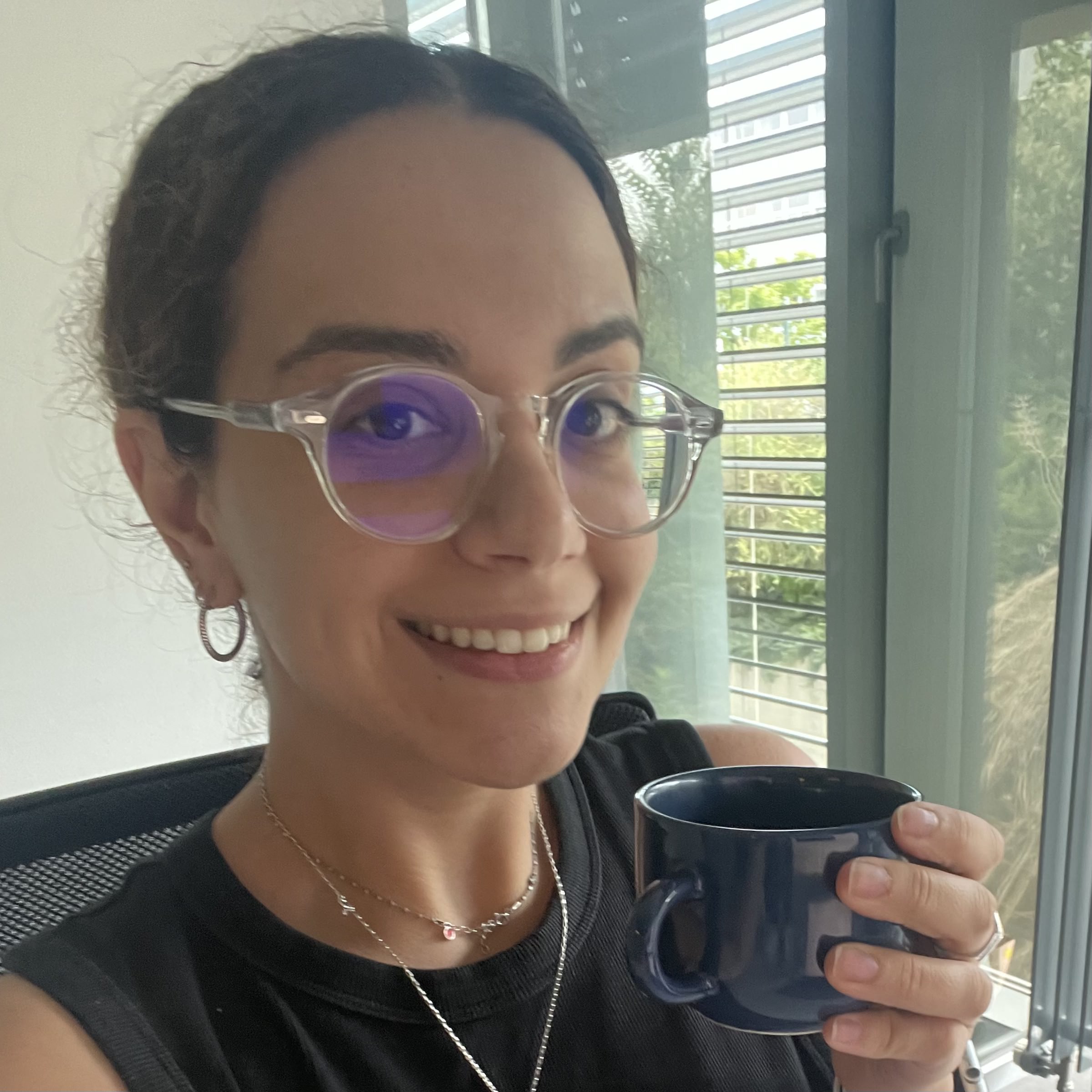
EPFL

KAIST
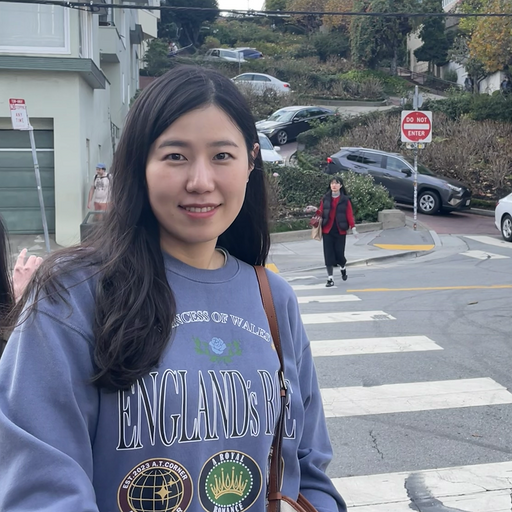
Sogang University
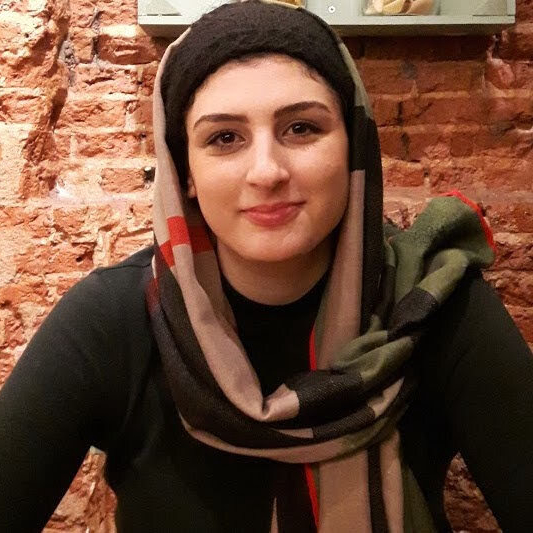
Cohere Labs
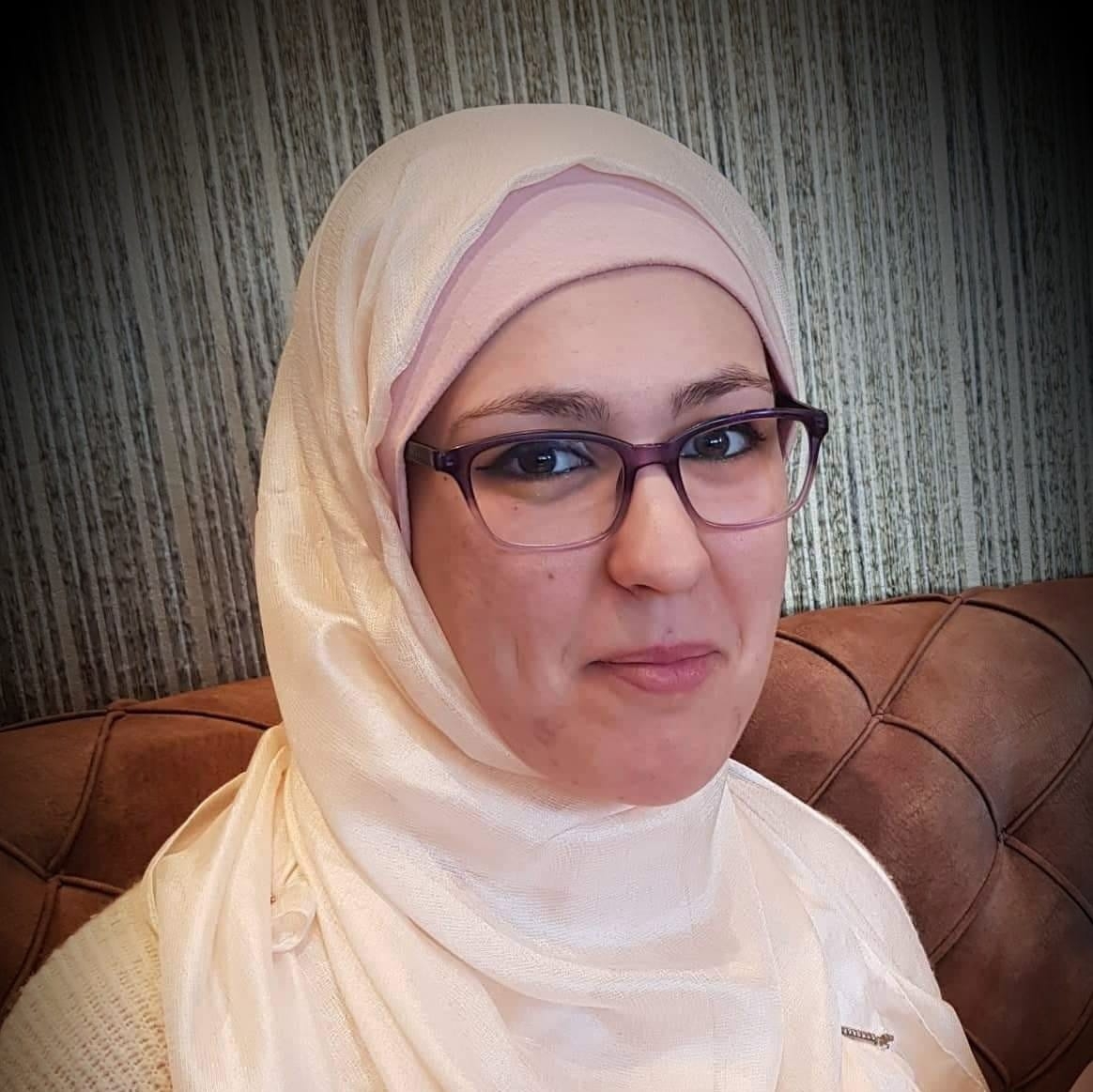
Cardiff University
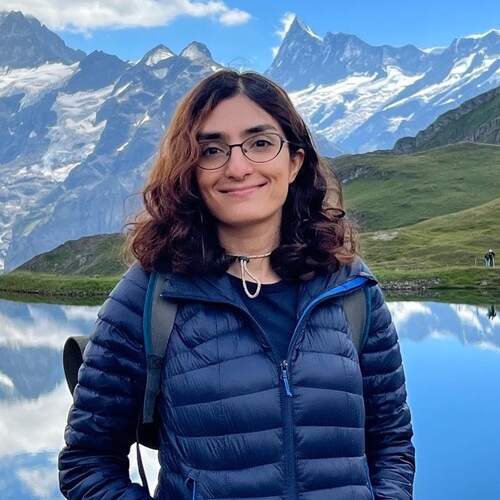
EPFL
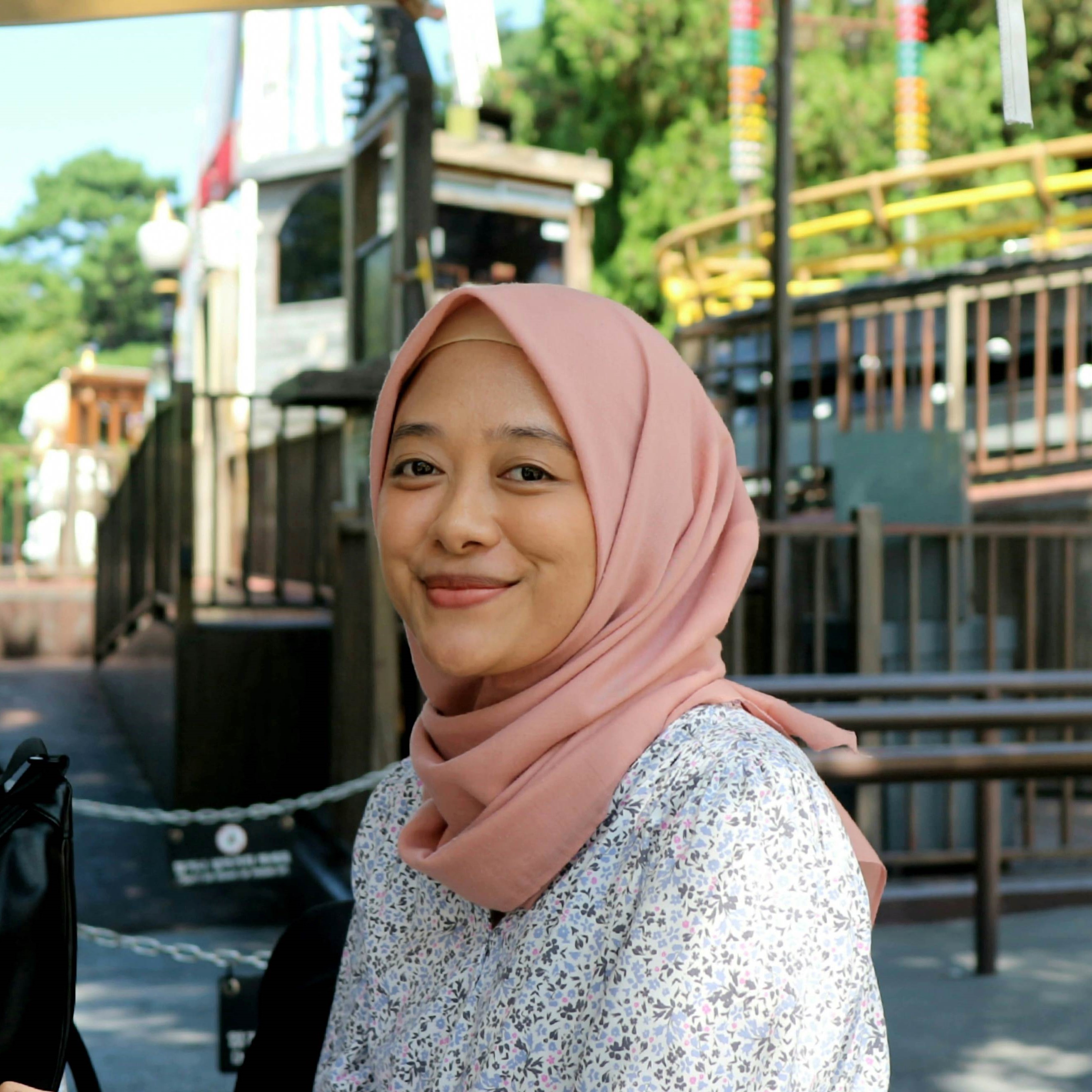
Universitas Gadjah Mad
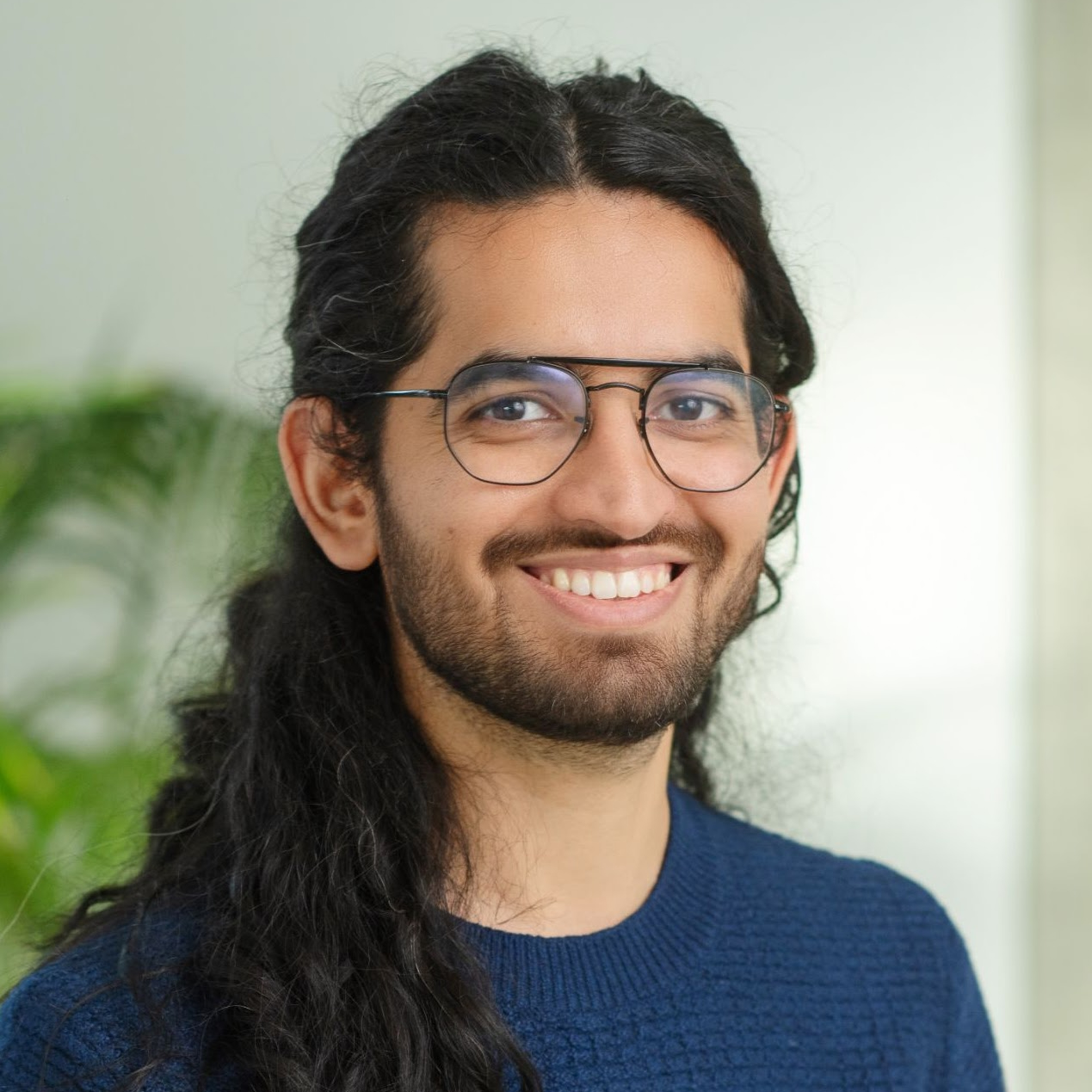
Ohio State University

University of Tübingen
Advisory Boards

KAIST
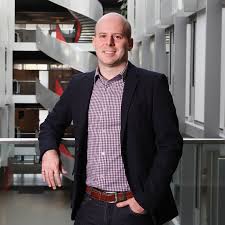
EPFL
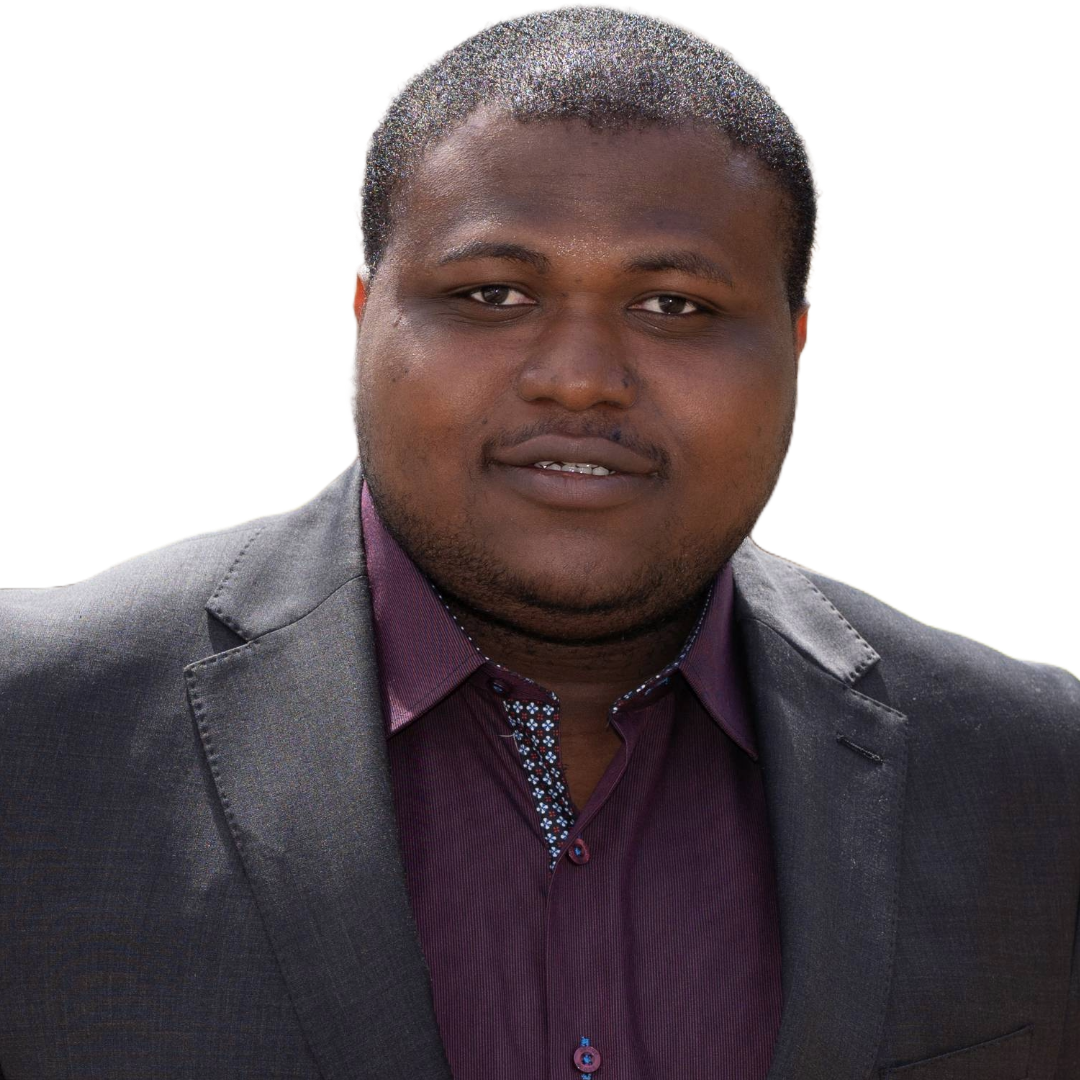
MILA & McGill University

TII
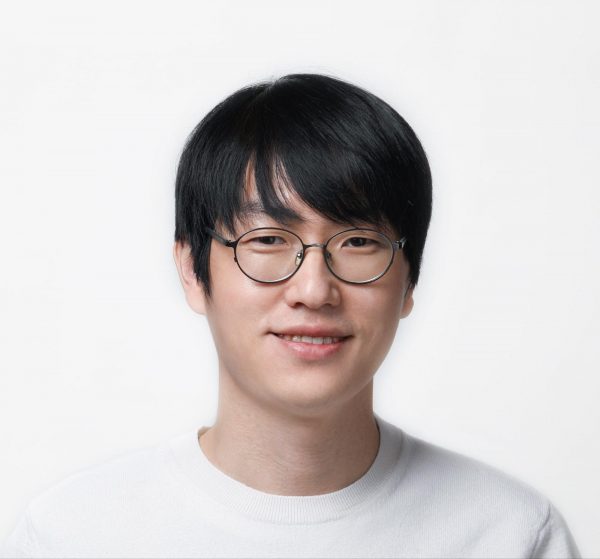
NAVER AI Lab
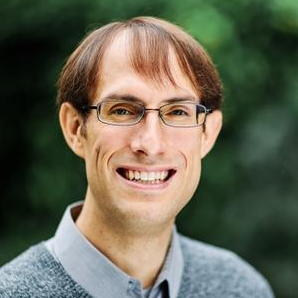
University of Oxford & Meedan